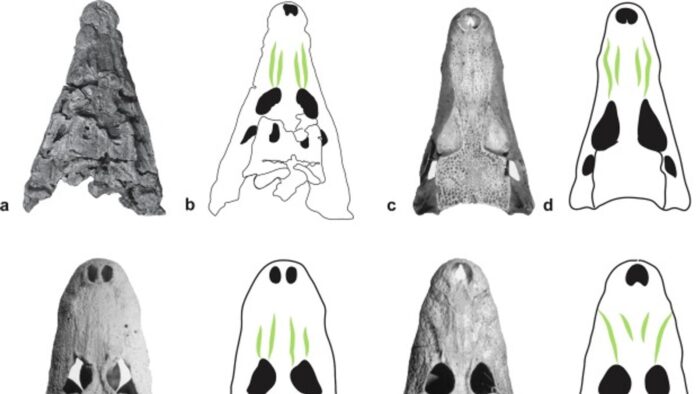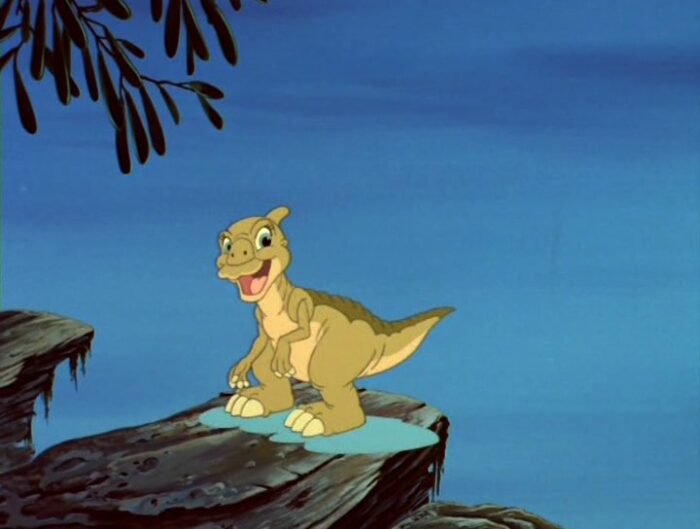Dinosaur discovery: crocodile had dinosaur for last meal
Australian scientists have announced the discovery not only of a new species of crocodile - but also that its last meal was a dinosaur - 95 million years ago! While piecing together the crocodile, named Confractosuchus sauroktonos (try saying that fast, three times) or the "broken dinosaur killer", researchers found the skeletal remains of a small, young ornithopod dinosaur inside its stomach. Dr. Matt White from The Australian Age of Dinosaurs Museum said it was an extraordinary discovery - the world's first to find dinosaur remains in a Cretaceous-aged crocodile.
The dinosaur find came 12 years after discovery in 2010! The bones were too fragile and densely packed in rock to be removed and so they used neutron and synchrotron X-ray micro-CT scanning to identify where the bones were located. The data was then used to digitally prepare the specimen - a project that involved 10 months of computer processing to build a 3D reconstruction of the bones. The number of bones present was amazing, with 35% of the crocodile preserved. The skeleton includes a near-complete skull, but its tail and hind legs are missing.

The confractosuchus skull (a and b) compared to modern-day crocodiles and alligators
Dinosaurs were part of an intricate web of birds, mammals, pterosaurs and crocodiles and were not precisely at the top of the food chain. The latest discovery demonstrates the direct evidence of the food source of crocodiles back then and that they eat anything that comes close to them. Another recent discovery from a fossil held in storage is the Baby Dino Yingliang, an intact embryo found in China in December 2021.
Fun fact
Many ornithopods are small plant-eaters with beaks and cheeks full of teeth. "Ornithopods were very cute little dinosaurs, probably a little bit bigger than a chicken at about 1.2 kilograms," ABC News quoted Dr. White. He added that this species would have looked like Ducky from The Land before Time film.
